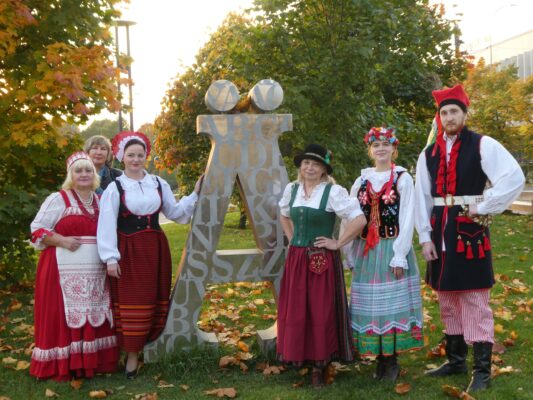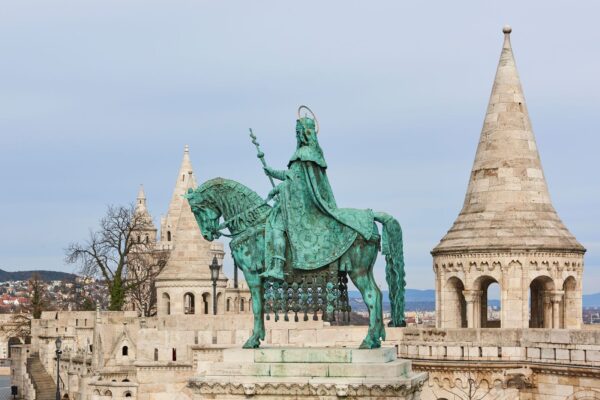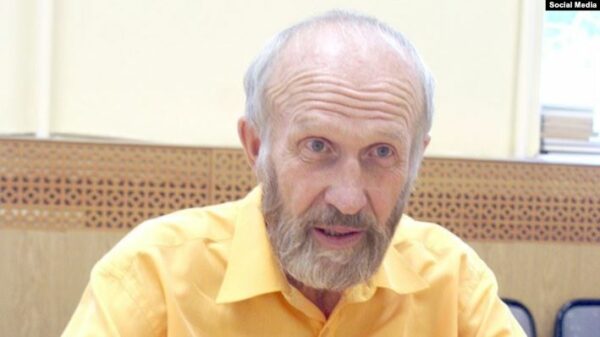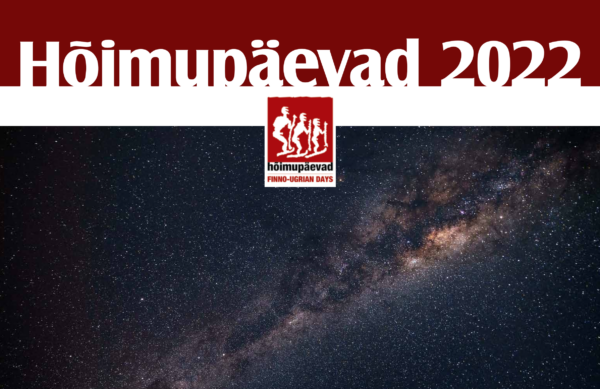Finno-Ugrian Days 2019 are dedicated to indigenous languages
The Finno-Ugrian Days 2019 are dedicated to the United Nations’ International Year of Indigenous Languages.
Of the estimated 7,000 languages spoken around the world, 2,680 are in danger of disappearing. The fact that most of these are indigenous languages puts the cultures and knowledge systems to which they belong at risk. In addition, indigenous peoples are often isolated both politically and socially in the countries they live in; by the geographical location of their communities, their separate histories, cultures, languages, and traditions.
As most Finno-Ugric languages are also endangered or even disappearing, the purpose of Finno-Ugrian Days is to highlight the importance of those unique languages and cultures, and to remind everyone of our collective responsibility to protect, nurture, and foster them.
This year’s Finno-Ugrian Days start on the 11th of October with the conference “Indigenous peoples and languages in the globalized world. Challenges, opportunities and threats” in the Institute of the Estonian Language. The conference will focus on the prestige, multilingualism and digitalization issues of languages. The conference is being organized by NGO Fenno-Ugria in cooperation with researchers of both Tallinn University and the Institute of Estonian Language. The main aim of the event is to share best practices for protecting and retaining disappearing languages.
There are also musical performances during the 2019 Finno-Ugrian Days. The main concerts take place on the 19th of October at Estonian National Museum in Tartu and on the 20th of October at Vaba Lava in Tallinn. One can expect authentic folk groups from many Finno-Ugric areas, such as ensembles from Komi and Mari republic. The Udmurts will be represented by a talented instrumentalist Pavel Aleksandrov from Tatarstan. After a long break, the beloved Erzya woman’s collective Merema will also come to Estonia, and the renowned band Magos will present Hungarian music.
A more detailed programme will be published in the coming weeks!
Background
Finno-Ugrian Days, which have been celebrated since 1928, have developed into one of the most important series of events that acquaint the wider public with Finno-Ugric peoples and strengthens the ties between them.
According to a decision made by the 4th Finno-Ugric Cultural Congress in Helsinki in 1931, Finno-Ugrian Days are held annually on the third weekend of October in Estonia, Finland, and Hungary. Over the last few years, Finno-Ugric events have also been organized at this time in Russia’s Finno-Ugric regions.
In February 2011, the Riigikogu (Estonian parliament) approved a bill that deemed Finno-Ugrian Day a national day to be marked on the third Saturday of October. The Estonian flag is to be flown on that day.
In Estonia, one can attend concerts of Finno-Ugric music, films and literary events as part of the Finno-Ugrian Days organized by NGO Fenno-Ugria. Many musicians, writers, artists, and other guests from Russia’s Finno-Ugric areas, as well as from Finland and Hungary visit these events.
The main events of Finno-Ugrian Days are traditionally held in Tallinn and Tartu, but Finno-Ugric performers travel all across Estonia during this week of October, visiting schools and local cultural centers.
Aims
The aim of Finno-Ugrian Days is cultural and educational cooperation between Estonia, Finland, Hungary and Finno-Ugric peoples living in Russia. As well as to introduce kindred peoples of the wider audience to each other and to strengthen cultural self-awareness.
The Finno-Ugric Days of the recent years have concentrated on morally supporting the Finno-Ugric peoples living on Russian territory, so that their languages and cultures do not disappear because of russification or globalization.
We have invited all cultural organizations, schools and NGOs to think about how we can all devout one little action in our autumns for the introduction of kindred peoples. There are many opportunities for doing so: organizing concerts, exhibitions or meetings, introducing literature, or carrying out specific school lessons, etc.
We hope that Finno-Ugric Days will be a memorable event that enlarges our understanding of other Finno-Ugric peoples and deepens people’s interest towards the topic of cultural heritage.






